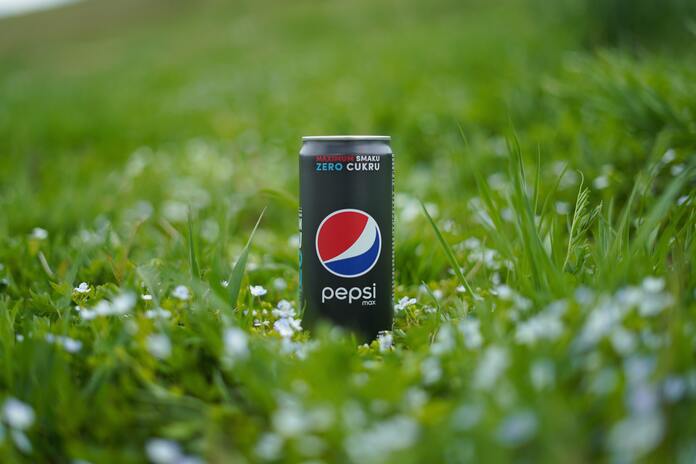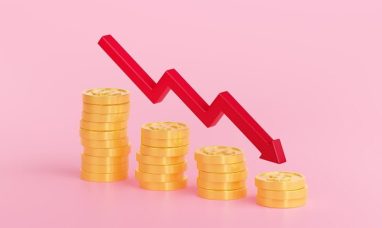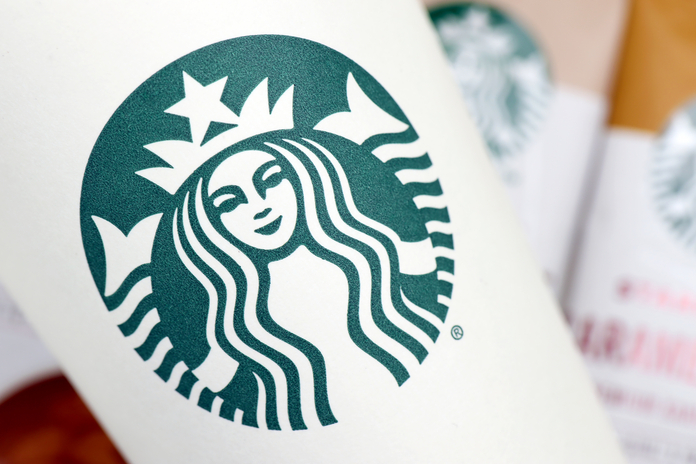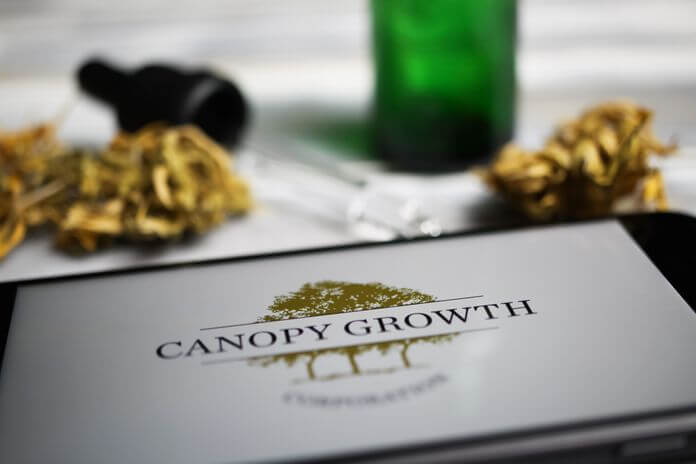PepsiCo (NASDAQ:PEP) delivered impressive financial results for Q2, surpassing Wall Street analysts’ expectations and prompting an upgrade in its full-year outlook. As a result, I maintain my buy rating on PepsiCo stock while revising my revenue and EPS estimates.
While PepsiCo may not be the most captivating company, its consistent stability and impressive track record make it an exceptional long-term investment. The company’s extensive portfolio of food and beverage brands, including popular names like Pepsi, Mountain Dew, Gatorade, Lay’s, Doritos, and Cheetos, provides a strong competitive advantage based on brand recognition and economies of scale. Even during periods of reduced consumer spending power, PepsiCo’s preferred brands tend to maintain robust sales volumes. This market dominance has established PepsiCo as a global leader in the convenience foods industry and the second-largest player in beverages. The company’s revenue has grown at a compound annual growth rate (CAGR) of 5.31% from 2007 to 2022, while earnings per share (EPS) have exhibited even faster growth through strategic acquisitions, divestitures, and margin enhancements.
In addition to its solid brand strength and financial stability, PepsiCo’s management identifies significant growth opportunities to further enhance its performance. One key driver is evolving consumer preferences, and PepsiCo aims to align its product lineup accordingly. The company focuses on introducing innovative products within established brands that cater to current trends, such as zero-sugar options in its beverage portfolio. PepsiCo also ventures into new product categories, capitalizing on emerging trends like healthier alternatives and sustainability. Notable successes include SodaStream, a sustainable beverage alternative, and the growth of meal options, energy drinks, and zero-sugar products. These factors contribute to PepsiCo’s anticipated sustained growth in the long run.
Another avenue for growth lies in digital transformation and the integration of cutting-edge technologies. PepsiCo embraces advancements like artificial intelligence (AI) and the Internet of Things (IoT) to optimize its business operations.
By leveraging these growth opportunities, PepsiCo’s management aims to consistently achieve 4% to 6% organic revenue growth and high single-digit operating EPS. I anticipate revenue growth closer to 5-6% and bottom-line growth approaching 10%, considering management’s target of 20 to 30 basis point margin expansion annually.
Furthermore, PepsiCo’s impressive margins and financial health allow it to reward shareholders significantly. The company has earned the distinction of being a dividend king, having increased its dividends for 51 consecutive years. With the projected growth, I expect the dividend to continue expanding by approximately 7% per year, further enhancing the appeal of PepsiCo to investors.
In this article, I will delve into the latest developments, and Q2 results, and update my estimates and viewpoint on the company accordingly.
PepsiCo Demonstrates Strong Performance in Q2
PepsiCo announced Q2 revenue of $22.32 billion, surpassing analyst estimates by $590 million and marking a YoY increase of 10.4%. Organically, the revenue grew by 13% YoY, driven by the company’s robust brand strength and impressive performance in both the beverage and convenience food segments. The beverage portfolio grew by 11% YoY, while the convenience food segment experienced a 15% YoY growth. Although overall volume growth for both segments slightly declined, with a 3% drop in convenience foods and a 1% drop in beverage volume, pricing increases largely drove the growth.
Looking ahead, PepsiCo may face challenges in reporting such growth rates as food inflation moderates. Over the past two years, the company benefited from price increases linked to rising input and operational costs. However, with food inflation easing to 5.7% YoY and 0.1% sequentially, this growth driver is likely to gradually fade, returning growth to more normalized levels of around mid-single digits. Notably, the significant food inflation of recent years and considerable price hikes across PepsiCo’s brands have also impacted volume growth, exacerbated by declining consumer purchasing power.
Analyzing the Q2 segment performance, North America exhibited solid organic growth of 11% YoY. Frito-Lay North America performed exceptionally well with a seventh consecutive quarter of double-digit growth (+14% YoY). The segment’s diverse product range positions it to sustain top-line momentum and gain further market share in savory and salty snacks.
Beverages also demonstrated strong performance in North America, achieving 10% organic revenue growth. Energy drinks, driven by advancements in zero-sugar offerings and increasing popularity, stood out within this segment.
According to Nielsen data, energy drink sales growth is accelerating, with 12.5% YoY growth from March to May and a 13.1% increase in May alone. While pricing played a significant role, energy drink volumes have proven more resilient compared to other food and beverage categories, even surpassing soda and alcoholic beverage sales. With approximately 5% market share in the energy drinks market, PepsiCo benefits significantly from this resilience. However, the company lags behind industry leaders Monster and Red Bull, with market shares of 37% and 35%, respectively. With an expected CAGR of 8.3% through 2030, the energy drinks industry presents a robust market for PepsiCo.
Moreover, the emphasis on zero-sugar beverages positions PepsiCo favorably, as this market segment is expected to remain a significant growth driver in the beverage industry. Future Market Insights forecasts a robust 14.7% CAGR for the zero-sugar beverages market through 2033, building upon the 12.5% CAGR recorded over the past four years.
PepsiCo’s continuous efforts in zero-sugar and energy drinks place it well for sustained growth in the beverage sector. In the last quarter alone, the company introduced and refreshed several zero-sugar and energy drink products, inaugurated the Gatorade Sports Science Institute Research & Development lab, and secured licenses to distribute Hard Mtn Dew. These initiatives contribute to PepsiCo’s optimism about profitable growth in this operating segment.
The performance of the Quaker Foods North America segment was slightly weaker, with limited 2% YoY growth and a decline in core operating profit due to double-digit advertising and marketing spend. Nevertheless, the segment continues to gain market share across various product categories, reinforcing its revenue potential.
The international business segment achieved strong organic growth of 15%, primarily driven by exceptional performances in Europe (+19% organic growth), Latin America (+13% growth), Africa, the Middle East, and South Asia (+18% growth). Growth in emerging markets remains crucial for PepsiCo’s overall international success. Management attributes the impressive performance to the company’s increasing market share in these regions. However, foreign exchange rates had a notable negative impact, resulting in an overall 2.5 percentage point decrease in net revenue.
On the bottom line, PepsiCo achieved margin improvements across all segments, even with a double-digit increase in advertising and marketing expenses. Management’s continued investments in advertising and marketing are essential for maintaining the strength of the company’s brand portfolio, making this YoY increase highly favorable. Despite ongoing investments, PepsiCo expanded the core gross margin by 130 basis points YoY and increased the operating margin by 45 basis points.
Positive margin developments were driven by cost management initiatives, the resolution of capacity constraints, and advancements in digitalization throughout the organization. PepsiCo has consistently improved gross margins in the past two years, and with the easing of inflation and supply chain challenges, there is ample room for further margin expansion in the coming quarters. PepsiCo projects a 20 to 30 basis point annual margin expansion for the foreseeable future. Following these margin improvements, core EPS increased by 12% YoY to $2.09, surpassing estimates by $0.13.
Outlook and PepsiCo Stock Valuation
Following a strong first half of the year, PepsiCo upgraded its FY23 outlook, anticipating 10% organic revenue growth (up from the previous 8%) and 12% core constant currency EPS growth (up from the previous 9%). As a result, core EPS is expected to reach $7.47, surpassing previous expectations of $7.27 and the consensus estimate of $7.32.
Considering this upgraded outlook, along with PepsiCo’s resilient quarterly performance exceeding my prior expectations, I have revised my revenue and EPS projections until FY26. I anticipate Q3 revenue of $23.46 billion and EPS of $2.16.
To elaborate on these estimates, I now forecast PepsiCo’s full-year revenue growth at 7%. Growth is expected to slow in the second half of the year due to challenging comparisons and easing inflation. However, PepsiCo is well-positioned to outperform many peers and capture additional market share across its product segments. Improved margins resulting from cost-saving initiatives, supply chain improvements, and lower input costs will support double-digit EPS growth.
For the subsequent years, I project revenue growth to normalize to mid-single-digit levels, accompanied by high-single-digit EPS growth in line with management’s long-term expectations. PepsiCo’s ongoing margin enhancements and share buybacks will further boost EPS growth. Overall, PepsiCo is expected to outperform in the consumer staples sector.
However, the company’s ability to generate strong growth has also made its stock relatively expensive. Currently trading at a forward price-to-earnings (P/E) ratio of 25x, slightly above the 5-year average of 24.5x and significantly higher than the sector average of approximately 19x. While a premium is justifiable for a dividend king with a stable growth outlook, it is essential to enter at an appropriate price to support long-term returns. Comparatively, Coca-Cola (KO), an attractive alternative to PepsiCo, trades below its 5-year average valuation.
Considering these factors, I find that the current share price reflects fair value, with a suitable P/E ratio of 24x for this high-quality compound. Based on this assessment and my FY24 EPS estimate, I calculate a target price of $198, suggesting only a 5% upside. (Please note that this target price is solely derived from the forward P/E ratio and is provided for indicative purposes only.)
In comparison, Wall Street analysts currently maintain an average price target of $200 and recommend buying PepsiCo shares.
Conclusion
PepsiCo’s overall performance in Q2 was highly positive. Beyond its strong financial results, the company continues to demonstrate operational excellence through strategic decisions, such as expanding its presence in zero-sugar and energy drinks within the beverage sector and gaining market share in convenience foods. These initiatives reinforce PepsiCo’s long-term growth potential and global strength.
However, the recent strong performance has pushed the stock to a demanding valuation, exceeding its 5-year average. Consequently, I rate PepsiCo shares as a hold at the current price of $188. While the long-term potential remains impressive, investors should exercise caution due to the demanding valuation. A drop in share price below $180 would present a more attractive buying opportunity with a better margin of safety.
In summary, I maintain a hold rating on PepsiCo stock.
Featured Image: Pexels @ Olena Bohovyk

















